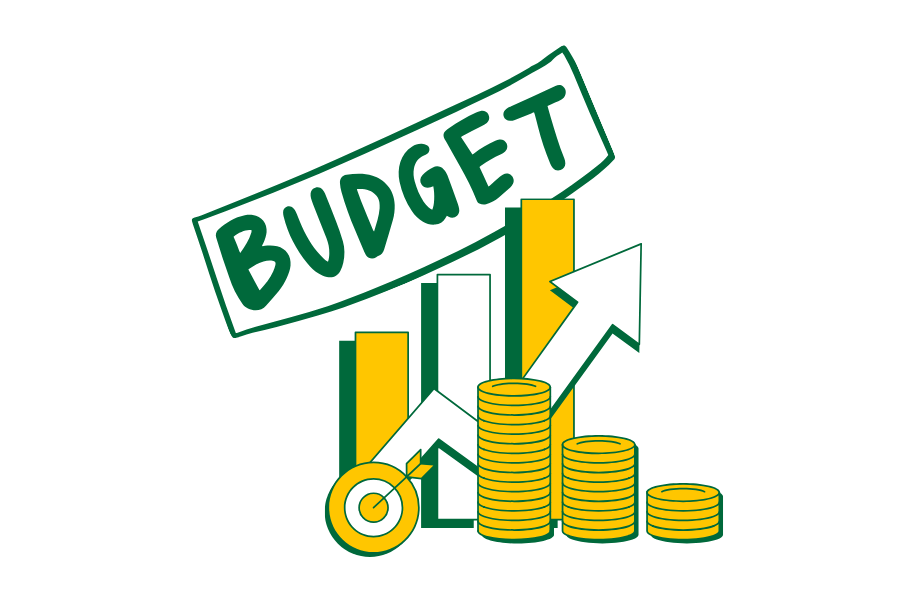Smart Bill Payment Strategies: Balancing Fixed and Variable Costs for SMEs
For small businesses in Singapore, maintaining a healthy cash flow is essential for sustainability and growth. A major challenge in cash flow management is handling fixed and variable bill payments effectively. Poor handling of these payments can lead to cash shortages, missed opportunities, and financial stress.
Understanding the difference between fixed and variable expenses—and knowing how to manage them—can help SMEs maintain stability and plan for the future. This guide breaks down the key differences and offers strategies to manage both types of bill payments efficiently.
Understanding Fixed and Variable Bill Payments
Fixed Bill Payments
Fixed expenses remain constant each month, regardless of business performance. They are predictable and easier to plan for.
Examples of fixed bill payments:
- Rent for office or retail space
- Loan repayments
- Salaries for permanent employees
- Subscription services (e.g., software, utilities)
- Insurance premiums
Impact on cash flow:
Fixed payments provide stability but can strain cash flow if revenue declines. Businesses must ensure they always have enough reserves to cover these essential expenses.
Variable Bill Payments
Variable expenses fluctuate depending on business activity, seasonal trends, or unexpected events.
Examples of variable bill payments:
- Supplier invoices for inventory or raw materials
- Marketing and advertising costs
- Utility bills (electricity, water, internet)
- Commissions and performance-based salaries
- Repairs and maintenance costs
Impact on cash flow:
Variable expenses require flexibility. Businesses need to anticipate changes and plan accordingly to avoid sudden financial pressure.
✅ Counto is dedicated to helping small businesses thrive by offering Counto BillPay, a complimentary all-in-one solution for bill payments, spend management, and accounts payable. Streamline your finances today. Learn more here.
Strategies to Manage Fixed and Variable Bill Payments
1. Create a Bill Payment Schedule
A well-organised payment schedule ensures that both fixed and variable expenses are managed without disrupting cash flow.
- List all recurring fixed payments and their due dates.
- Track variable expenses based on past trends to predict upcoming costs.
- Align payment cycles with revenue inflows to avoid cash shortages.
2. Maintain a Cash Reserve
Setting aside a portion of revenue for emergency expenses helps businesses manage unexpected spikes in variable costs or temporary shortfalls in revenue.
- Aim to save at least 3–6 months’ worth of fixed expenses.
- Use surplus cash during profitable periods to build reserves for slower months.
3. Use Automated Bill Payment Systems
Automating payments reduces the risk of missed due dates and late fees.
- Schedule automatic transfers for fixed payments such as rent and loans.
- Set reminders for variable expenses to prevent last-minute cash flow disruptions.
4. Negotiate Better Payment Terms
Negotiating with suppliers and service providers can provide flexibility.
- Request extended payment terms (e.g., 60 or 90 days) for major variable expenses.
- Explore installment plans for large fixed costs to spread out payments.
- Leverage early payment discounts if it benefits your cash flow.
5. Monitor and Adjust Spending Regularly
Regular cash flow reviews help identify unnecessary expenses and adjust spending habits.
- Analyse fixed expenses to find cost-saving opportunities (e.g., renegotiating rent or switching to cost-effective subscriptions).
- Adjust variable expenses based on business performance and seasonal changes.
Summary
Managing fixed and variable bill payments effectively helps SMEs maintain financial stability and reduce cash flow uncertainty. By implementing smart budgeting, automating payments, and maintaining cash reserves, businesses can navigate both predictable and unexpected expenses with confidence.
Proactive cash flow management ensures that your business remains resilient, even in challenging times. By staying organised and strategic with bill payments, SMEs can focus on growth rather than financial stress.
Simplify Your Bill and Salary Payments with Counto BillPay
Try Counto BillPay, your all-in-one solution for bill payments, spend management, and accounts payable. Automate your financial processes with our intelligent AI. It’s 100% free and easy to use. Learn more!
Here are some articles you might find helpful:
How Bill Payments Impact Business Credit Scores: A Guide for SMEs
Counto BillPay Receives Airwallex Outstanding Partner Award
Salary, Payroll, and Tax Compliance
How to Effectively Budget Your Monthly Salary Using the 50/30/20 Rule as an SME in Singapore







